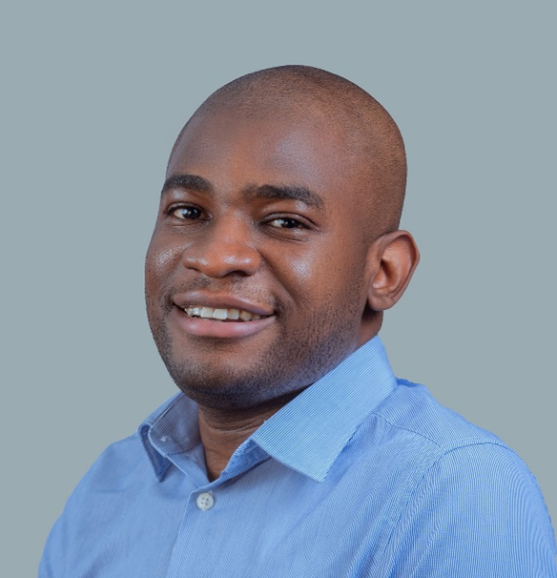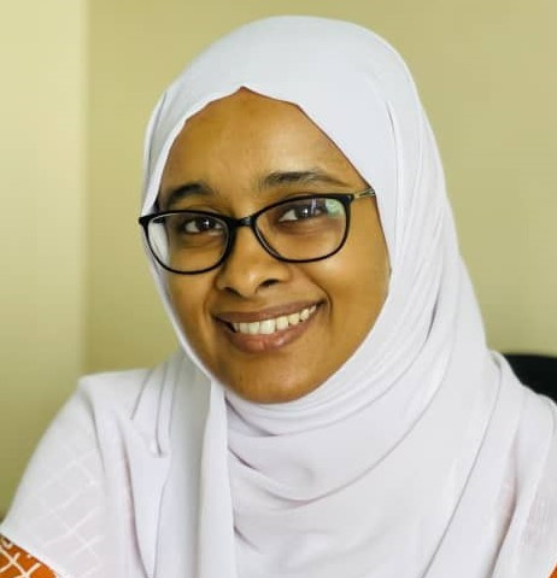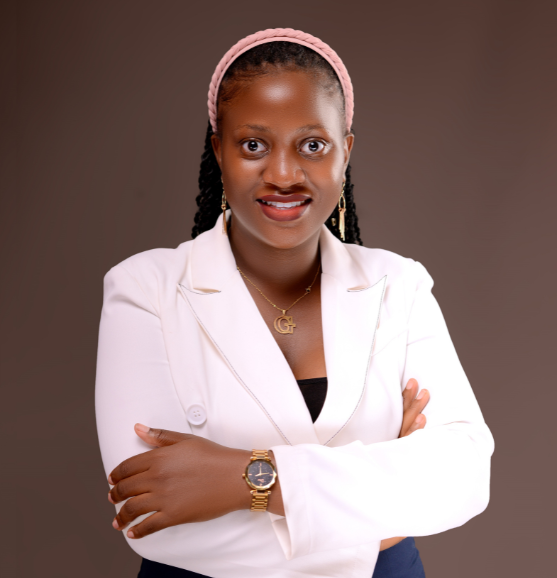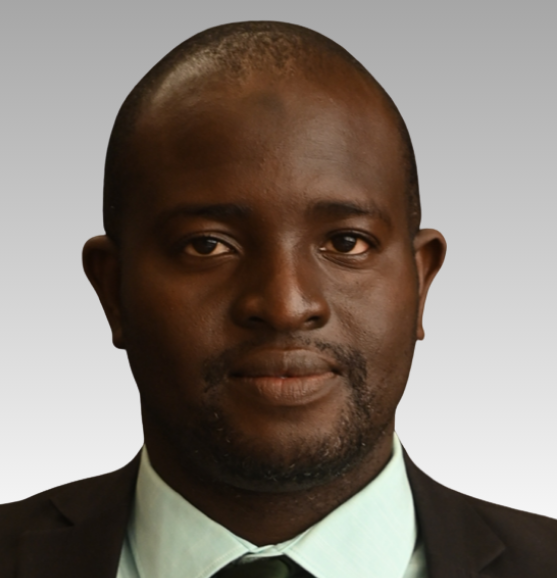Building a Global Network: How a Cancer Research Training Community of Practice is Empowering Early-Stage Investigators
, by Fatou Jallow, Ph.D., and Amina Chtourou, M.P.H.
The field of cancer research thrives on collaboration across various disciplines. Collaboration that generates conversations around what types of research questions to pose, the types of data that can answer these questions effectively, and the best ways to engage patients and providers in research is essential to advance science. Collaboration with researchers outside the U.S. advances scientific discovery both domestically and globally by generating knowledge applicable to diverse and underserved populations, driving innovation through varied local research contexts, and building sustainable research ecosystems that benefit all partners, among many other mutual benefits. Yet, for many early-stage investigators (ESIs) who are committed to global research careers, particularly those in low- and middle-income countries (LMICs), accessing the right resources, mentorship, and networking opportunities can be a challenge. ESIs in LMICs and beyond are creative in finding ways to connect and collaborate. What if we could contribute to strengthening these networks by creating spaces where these researchers can connect, share ideas, and work together to tackle some of the challenges they face in cancer research?
NCI’s first institutional global research training program seeks to develop such a venue. The vision is for a global network of ESIs that meets periodically and engages in activities designed to facilitate the development of skills and competencies, exchange of resources, and discussions that bring about innovative approaches to research. This network serves as a community of practice (CoP) offering programs and activities to help ESIs build meaningful collaborations, expand their network, learn from experts, and contribute their own insights and best practices in cancer research.
But what makes this community of practice truly special? To understand its impact, we turned to the people at its heart — the Steering Committee members, who have not only shaped the community’s vision but have also grown alongside it. The Steering Committee primarily consists of early-stage investigators nominated by the leadership of the training program. The committee leads the development of programs and activities for the CoP.
A Community Rooted in Shared Experiences
In a recent discussion, four Steering Committee members reflected on what the CoP has meant to them over the past year. Their responses highlight a recurring theme: the power of community.
Emmanuel Ekene Nweke, Ph.D.
University of Witwatersrand, Member, Africa HepatoPancreatoBiliary Cancer Consortium
Ahlam Nasser, M.D., M.Med.
Consultant Hematologist and Lecturer, Muhimbili University of Health and Allied Sciences
Gloria Nakabiri, B.B.L.T.
Master’s Candidate in Bioinformatics, Makerere University
Musliu Tolani, M.B.B.S., P.G.Cert.P.H., Ch.M., FWACS, FMCS
Consultant Urologist and Senior Lecturer, Ahmadu Bello University
Q1: Reflect on your participation in the first year of the Community of Practice: What have you gained from the Community of Practice? What does this community mean to you, and how has it helped early-stage investigators?
Dr. Emmanuel Ekene Nweke: It’s easy to feel isolated in research, to think that your challenges are unique. But being part of this community shows you that others across the globe are facing similar obstacles. There’s power in shared experiences, in knowing you’re not alone. That’s what this community gives me, and I hope it continues to do so for others.
Beyond providing a sense of belonging, the CoP serves as a platform for peer learning and mentorship.
Dr. Ahlam Nasser: Sometimes, the hurdles we face as early-stage investigators are strikingly similar. Learning from how others have navigated those challenges—whether it’s securing funding or advancing in their careers—has been incredibly valuable.
And sometimes, it is encouragement from peers that provides the inspiration to push forward.
Ms. Gloria Nakabiri: The CoP has provided a support system that fosters collaboration, mentorship, and career growth. I used to believe that winning a research grant was out of reach. But through the CoP, I’ve realized that sometimes, the biggest step is just applying. Seeing others succeed has motivated me to try.
Dr. Musliu Tolani: Hearing the perspectives of an investigator who navigated the grant submission process is particularly helpful. Things like this are what motivate prospective applicants not to give up. As steering committee members, we are not just giving ideas but also learning in the process.
Q2: How are you leveraging what you've learned in the Community of Practice in your work?
Ms. Nakabiri: The training sessions have been incredibly valuable, especially in understanding how to craft a compelling grant proposal. Learning from others who have successfully navigated the process has given me the confidence to start preparing for my own applications. I’m already thinking about positioning myself for opportunities like the K99/R00 and K01 awards.
Q3: Has your participation in the Steering Committee enabled you to shape the Community of Practice in the way that you envisioned?
Dr. Tolani: My participation in the steering committee has been influenced by my previous experiences in research and grant development as an ESI. Discussing with other ESIs made me realize that we face similar challenges. I believe that some of the suggestions that we made individually or refined as a team are currently making the community of practice evolve into a unique platform where diverse ESIs can access resources to overcome challenges in research development and grantsmanship in LMICs.
Q4: How do you see your engagement with the Community of Practice evolving after your Steering Committee term ends?
Ms. Nakabiri: Even after my term ends, I plan to stay actively involved in the CoP. I want to continue learning from my peers and mentors, but also give back by sharing what I’ve learned, especially as I move into the next stage of my career. I see myself helping other trainees with grant writing, offering insights on navigating career transitions, and possibly even mentoring those who are just starting out. Since I’ll be applying for the K99/R00 and K01 awards, I know I’ll still rely on this community for advice and support. I also hope to stay connected through collaborations, sharing funding opportunities, and participating in future CoP activities. The relationships and knowledge I’ve gained here are things I see carrying forward throughout my career.
The Global Cancer Research Training Community of Practice is more than just an online forum — it is a support system and can serve as a catalyst for scientific progress and career advancement. One of the defining features of the CoP is that it is shaped by its members, for its members. The Steering Committee plays a pivotal role in designing sessions and setting priorities. Many members also plan to remain engaged, paying forward the knowledge and support they’ve received. We anticipate that this community will grow beyond the current training program to engage more ESIs in other NCI and NIH programs who are committed to careers in collaborative global cancer research. As we mark this milestone, we look forward to another year of shared learning and collaboration. Next year the Steering Committee will include U.S. early-stage investigators committed to global oncology research, and the community of practice will feature more programming to foster research collaborations. We are excited about what lies ahead as we continue to build a community for the next generation of global cancer research leaders.



